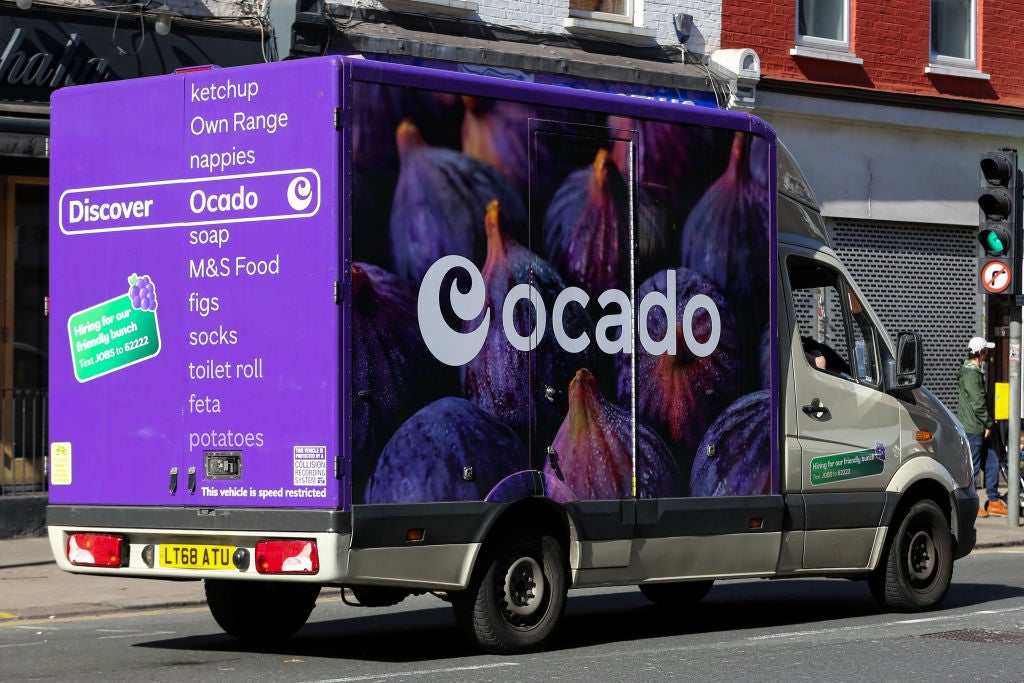
In August 2022, US President Biden signed the Inflation Reduction Act (IRA) into law. With a raft of subsidies and tax breaks to accelerate an ongoing transition towards clean energy, the US Department of Energy believes the IRA will help to achieve a 40% reduction in US carbon emissions by 2030 (from 2005 levels).
The IRA is by far the largest US investment in renewable energy. According to official estimates, the IRA will amount to approximately $369bn in additional funding for sectors at the forefront of the country’s energy transition efforts. The total amount invested depends on the uptake and, according to US non-profit the Electric Power Research Institute, tax credits alone may reach $780bn.
One year on, some industry experts have credited the IRA with placing US cleantech at the forefront of the global shift towards clean energy. Arne Morteani at cleantech investment fund Kiko Ventures believes that by addressing some of the key funding bottlenecks in deep climate tech, the IRA has catapulted the US from a laggard to a leader in the space.
“We just have to hope that this doesn’t end up being a third round of US flip-flopping: the Clinton and Obama administrations also introduced world-leading climate policy, just for it to be abandoned by the next government. The same could happen this time round.”
Europe’s consistent approach to energy transition
Indeed, a changing US political backdrop could have significant consequences for the development of US cleantech. According to GlobalData’s 2023 Thematic Intelligence ESG 2.0 report, much depends on the outcome of the 2024 US presidential election. “ESG has become politically divisive in the US, and a Republican victory would result in less chance of further climate policies,” according to the report.
In addition, the long-term effects of the IRA will depend on the consistency with which the policies are implemented – something which Europe has arguably more successfully demonstrated over the last decades. European regulators have sought to reduce carbon emissions with carbon pricing and a slew of new regulations, while the US has favoured subsidies to encourage clean industrial processes and the development of a cleantech sector. Of the contrast between the two approaches, Morteani says: “Europe has been less aggressive but far more consistent over the last decades.”
How well do you really know your competitors?
Access the most comprehensive Company Profiles on the market, powered by GlobalData. Save hours of research. Gain competitive edge.

Thank you!
Your download email will arrive shortly
Not ready to buy yet? Download a free sample
We are confident about the unique quality of our Company Profiles. However, we want you to make the most beneficial decision for your business, so we offer a free sample that you can download by submitting the below form
By GlobalDataArjun Jairaj, cleantech investor at proptech investment fund A/O likens the IRA to Roosevelt’s New Deal initiative throughout the 1930s US Great Depression, and says it has helped kickstart a massive economic transformation.
For example, the IRA has led to a raft of electric vehicle manufacturers making investments in new domestic plants. Panasonic announced a $4bn investment in a new facility in Kansas to produce batteries for Tesla vehicles. Ford Motors has broken ground on a $5.6bn domestic plant for EVs and battery production.
Aside from clean manufacturing, Jairaj is positive that the fiscal injection will enable the rapid advancement of technologies which might have been initially cost-prohibitive. In particular, he cites acceleration of the electrification of homes by stimulating consumer demand through tax credits and rebates on heat pumps, batteries and solar panels.
Jairaj’s own investing experience includes one of A/O’s portfolio companies, Span, which has found that the act will allow low-income households to get up to a 100% rebate on the installation of smart electrical panels like the ones Span produces. “This will help the company target the mass market a few years ahead of their original plan,” says Jairaj.
In addition to helping cleantech start-up ecosystem, IRA funding has also shored up confidence for private capital inflows into the sector, which in turn has a beneficial impact on the many aspiring companies in the space, according to Jairaj. “While we are yet to see the full impact of the IRA as it is channelled through layers of federal, state and local policies, the benefits are already being felt across the climate tech space, and we anticipate that things will only get better,” he says.
Much of the criticism of the IRA has come from US trading partners. Provisions within the IRA which encourage domestic manufacturing, industrial assembly and component sourcing are said to put US trading partners at a disadvantage, particularly the EU.
For example, the IRA’s full tax credits only apply to batteries at least 50% North American-made (by the value of components, rising to 100% by 2029), and the critical minerals used within those batteries must be extracted or processed in a country that has a free trade agreement with the US, according to GlobalData’s Thematic Intelligence ESG 2.0 report.
The Biden administration issued EV tax credit guidance in March 2023 that relaxes the initial scope of the IRA to allow informal free trade agreements with US allies to qualify for inclusion.
In March 2023, such a deal was agreed with Japan on critical minerals; and the US administration is negotiating a similar deal with the EU, according to GlobalData. According to the analyst, future rule changes are possible in the wake of bipartisan criticism of Biden for adopting a liberal interpretation of the IRA rules.
In the broader context of ESG investing, cleantech is well placed to continue to grow its market share. According to GlobalData, venture capital investors’ interest in ESG-related businesses and technologies has increased dramatically since the start
of 2022. Deal value has been running above $4bn for three consecutive quarters up to the end of the first financial quarter of 2023. Between 2019 and 2021, deal
value tended to be fairly stable at around $1bn per quarter, demonstrating an upward investing trend which bodes well for US cleantech, whether the effects of the IRA continue to bolster the sector or not.







